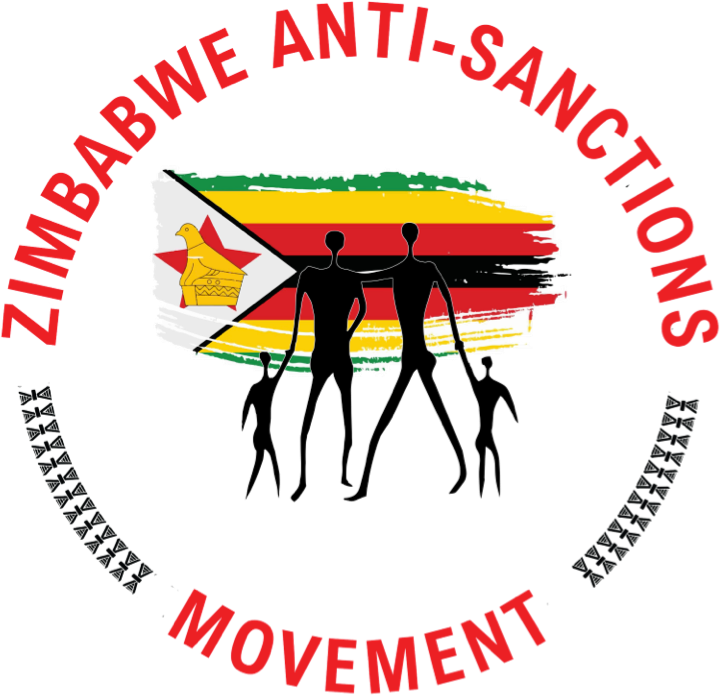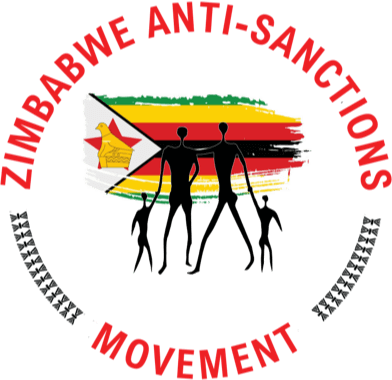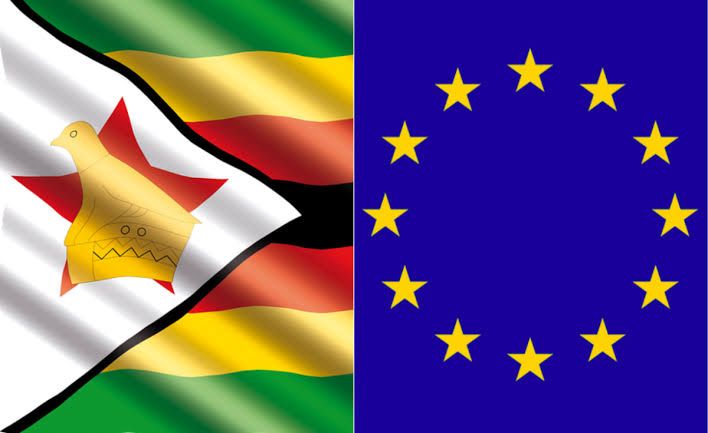
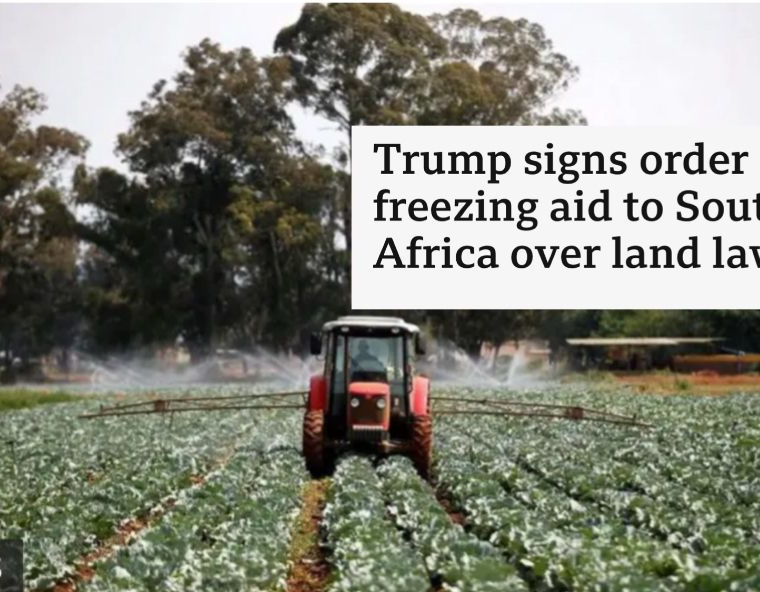
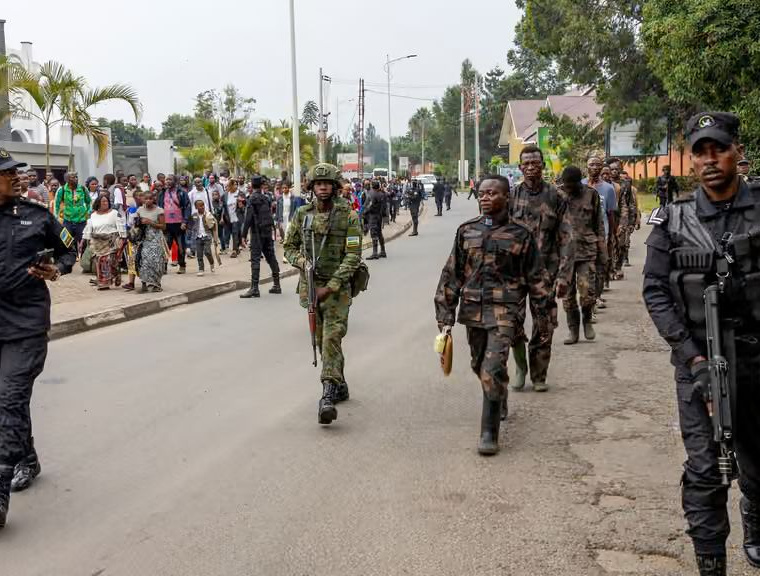

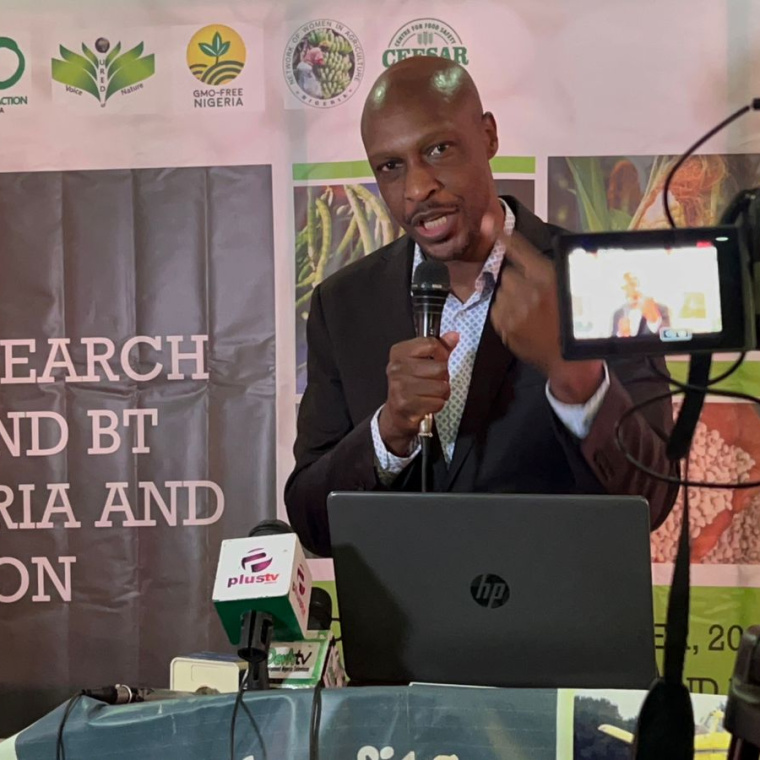

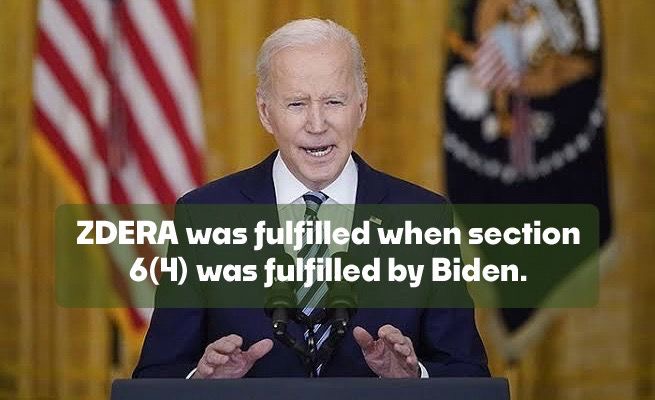



Mass marches won’t lift individual sanctions in Zimbabwe. This post explores the flawed strategy by ZANU PF to use mass mobilization for removing individual sanctions imposed by the US. Unlike collective sanctions, which impacted civilians, individual sanctions target specific officials. The post also highlights how successful previous campaigns worked in South Africa and why those accused of human rights violations should focus on legal avenues to clear their names instead of mass protests
